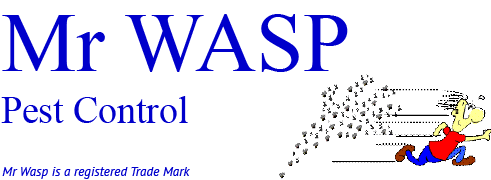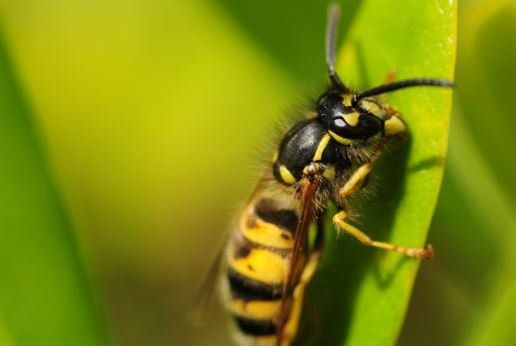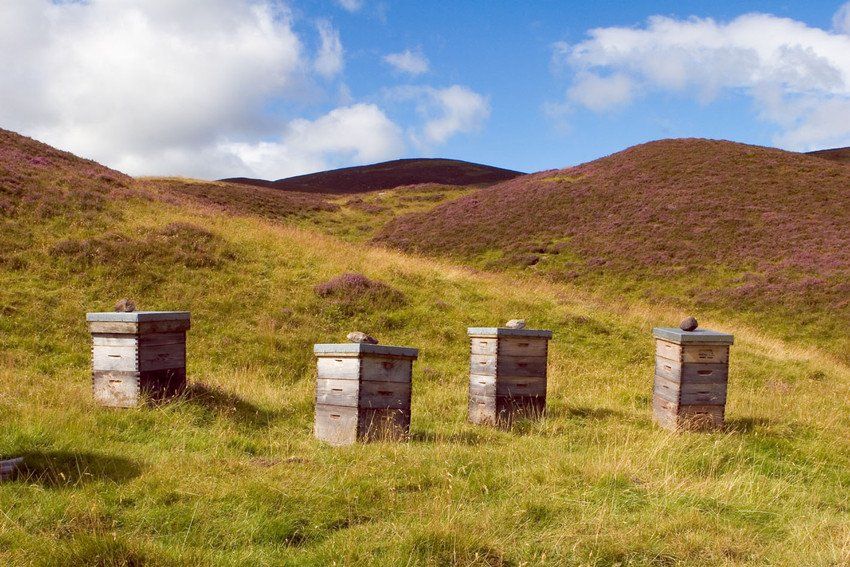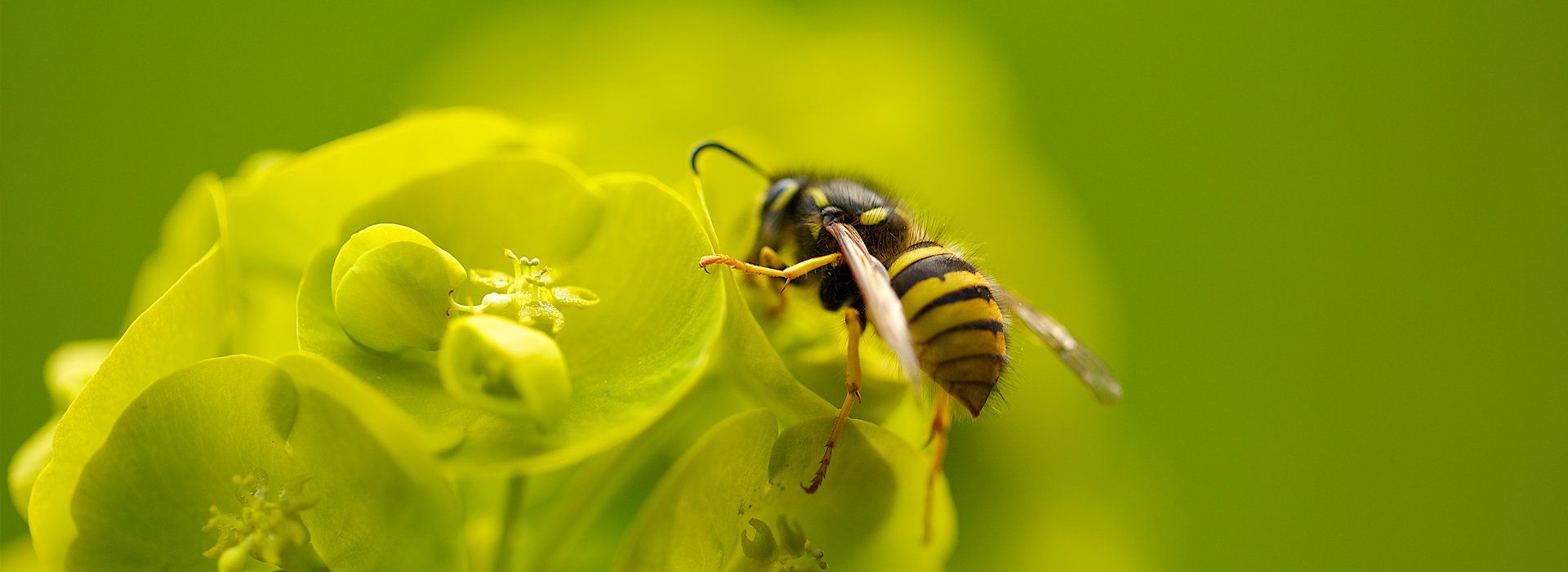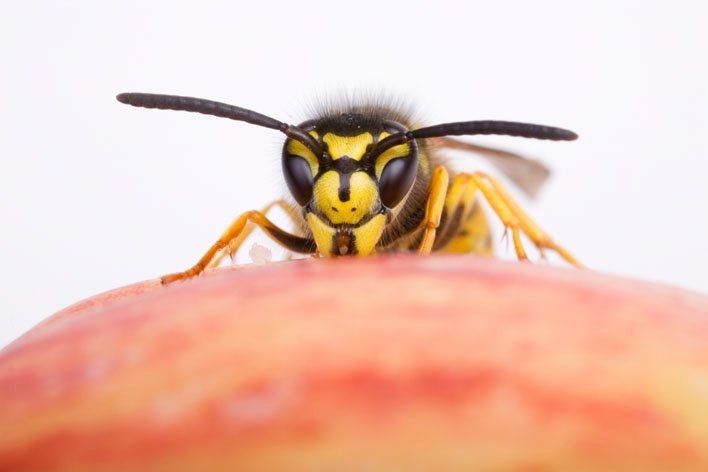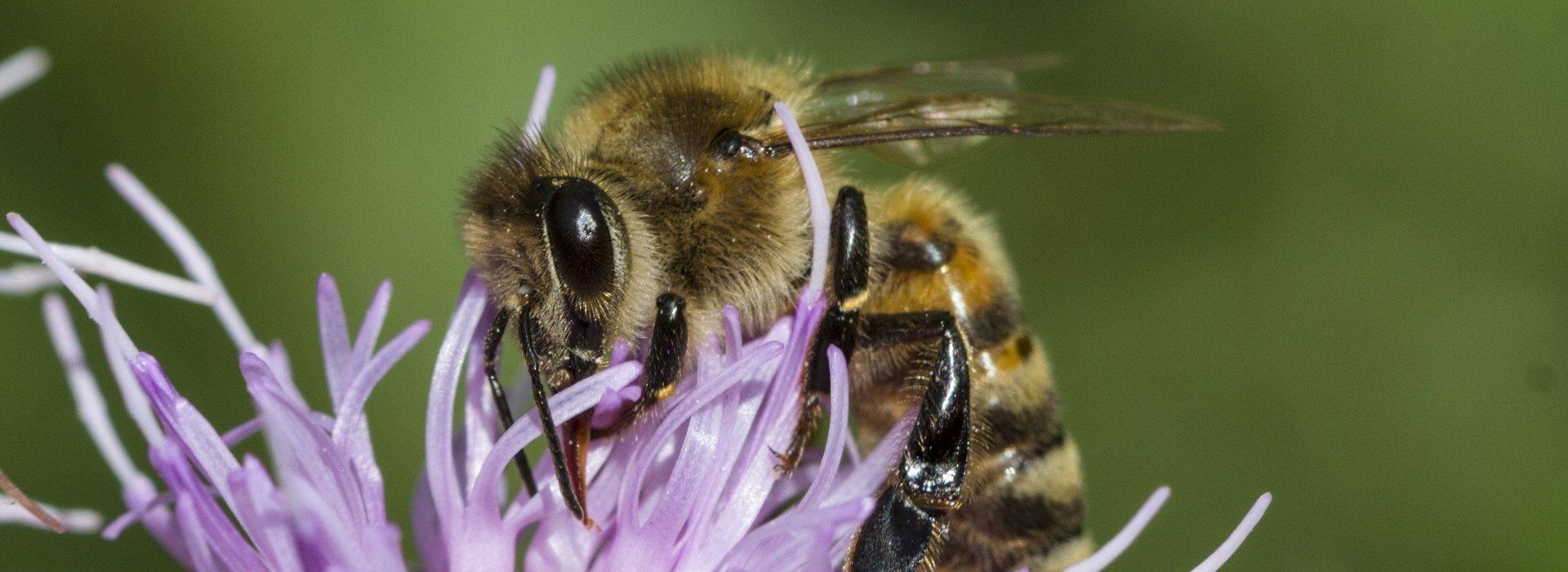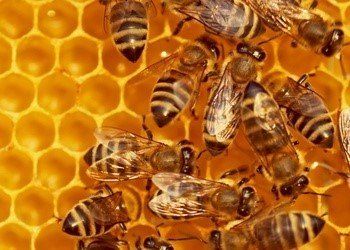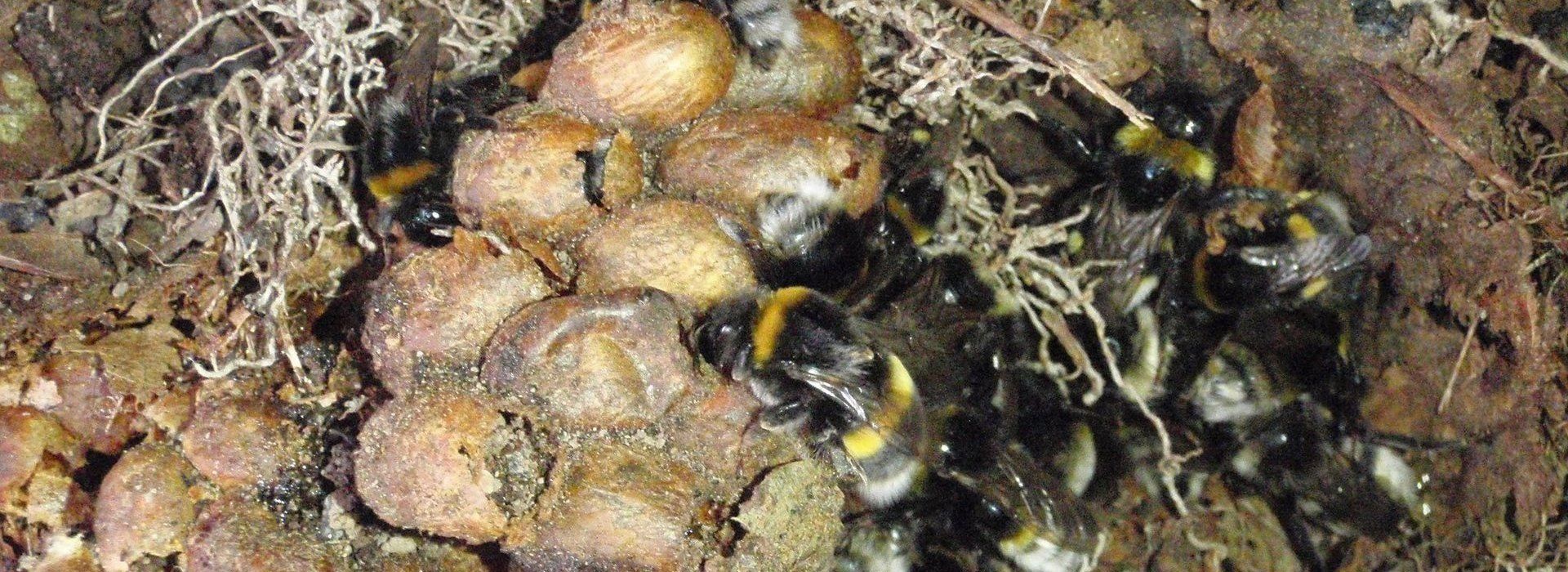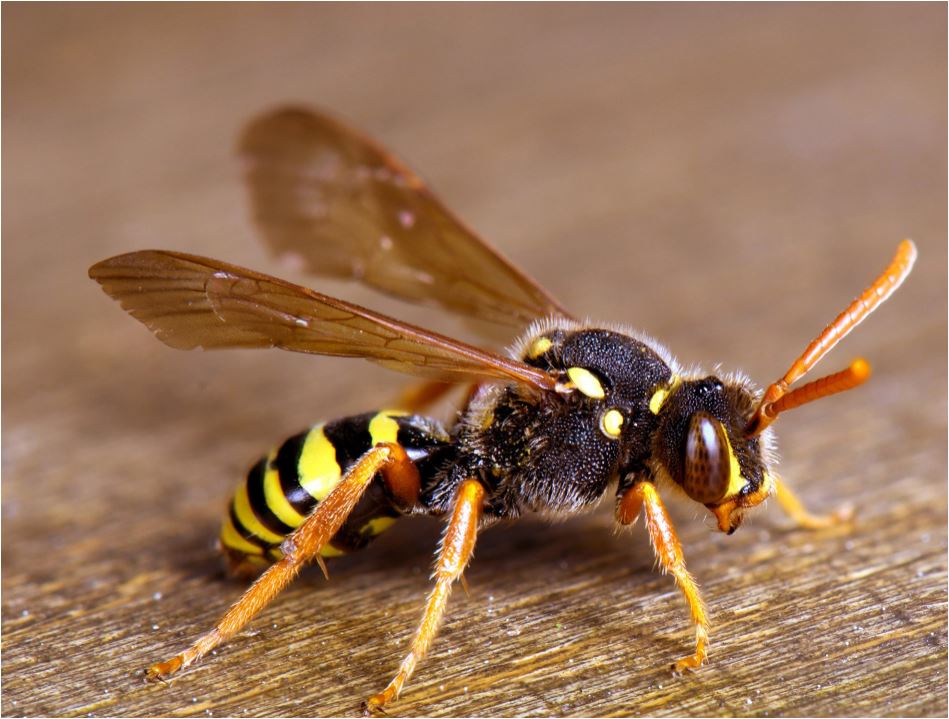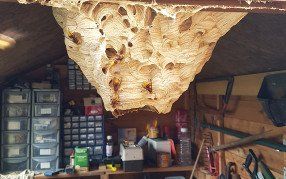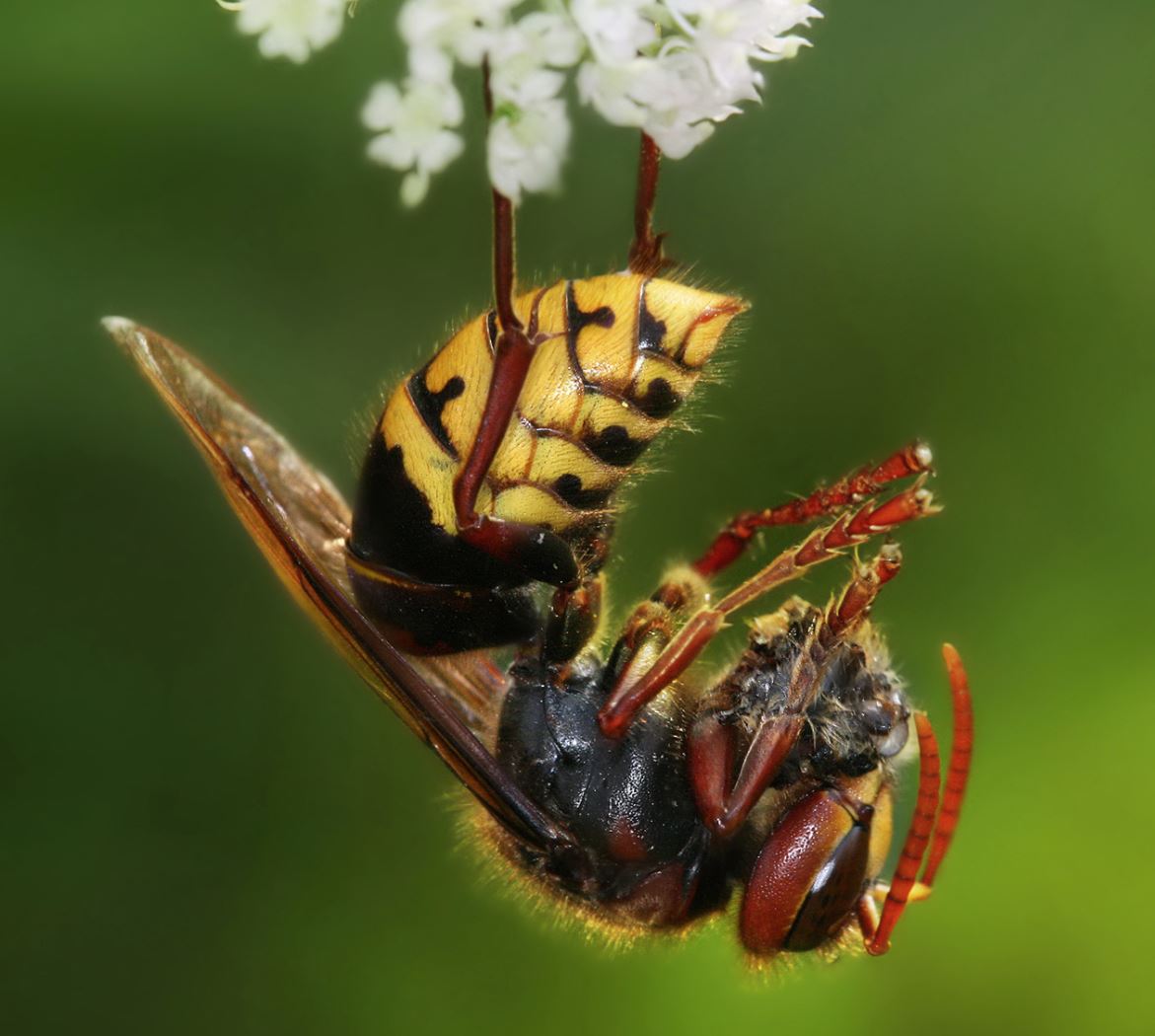Why Do We Need Wasps?
Wasps are often painted as the villains of the insect world due to their predatory nature and relentless stinging. Compared to their fun-loving cousins, the humble honey bee, they’re not seen as useful to our ecosystem and most people don’t want one to come anywhere near them. But we see wasps everywhere during the summer months, and although many only see them as pests, they actually do a lot for our biodiversity.
New Zealand has the highest number of wasps in the world and, in order to tackle their problem, they have deployed insects native to Europe to kill them. The numbers are so high down under that they have impacted the local ecosystem by killing honey bees and have reportedly cost New Zealand’s economy $133m in damages. Hoverflies and wasp-nest beetles target the nests of wasps that have over-run some of the South Island.
While it’s easy to write wasps off as pests and nothing else, they do have an important role in our environment and it’s interesting to learn what they actually do for us.
Pest control
While they are considered a pest themselves, they also help to control populations of invasive species of insects. A study published in Proceedings of the Royal Society B found that wasps are effective predators that can manage pests on two high-value crops, maize and sugarcane. Maize is a major food source for many people and sugarcane is full of antioxidants and is said to prevent tooth decay. This means that wasps are highly beneficial to our agriculture and can be used across the globe to fight pests that attack our crops.
Researchers at São Paulo State University and UCL found that maize became infested with fall armyworm, and sugarcane became infested with sugarcane borer. When hunting wasps common to the area were introduced, the wasps effectively reduced the pest populations and the plants suffered less damage when the wasps were present. The wasps were even able to go into the plants to pull out any insects that had burrowed inside. They are also known to control the number of potential pests like greenflies and caterpillars.
Using a natural pest control method is a much more environmentally friendly and safe option compared to using chemical pesticides on crops. Furthermore, using wasps that are already natural to the area means there is no disruption to the already existing ecosystem.
So, while you may not see how wasps are beneficial to our crops and agriculture, they are helping to get rid of many of the pests that kill our plants and, without them, would have to resort to pesticides which are more detrimental to our environment.
Pollination
You may assume that wasps do not pollinate plants because of their hairless bodies, whereas bees, with their thick layer of fuzz, can easily pick up pollen. However, wasps do in fact have hair on their bodies but the hair is so fine it is almost invisible to the naked eye. This combined with the fact they visit lots of different plants, shows that they are actually very good pollinators.
Wasps spend their time flying around and visiting a lot of different species of plants. Researchers recorded wasps visiting 960 plant species, including 164 species that are completely dependent on wasps for pollination. Some orchid species have even developed adaptations to attract the wasps they rely on for pollination. They are considered generalist pollinators as they visit a large variety of plants and can serve as backup pollinators if a plant loses its local primary pollinator.
Figs are plant species that are entirely reliant on wasps for pollination. They are an inward-blooming bundle of flowers and are dependent on wasps for their survival. Each of the 750+ species of fig plant has its own fig wasp and have been mutually beneficial for each other for more than 60 million years. The female wasp enters an unripe, male fig and lays her eggs. Once the eggs hatch, they mate and the males, born without wings, chew a tunnel out of the fig. The males then die, and the female wasps file out to take the pollen from their birth fig to another fig and lay their eggs to start the cycle again.
Wasp derived medicine
In more recent research, it’s been discovered that wasps can potentially be used to make new antibiotics. With new antibiotic-resistant strains of bacteria evolving, we constantly need new antibiotics to fight illness and infection. Researchers at MIT have been studying the antibacterial peptide found in the South American wasp, Polybia Paulista. This peptide is found in the venom and because this venom is toxic to humans, researchers have been seeking a way to make it less harmful.
The peptide is very potent and able to kill bacteria by disrupting the bacterial cell membrane. It has an alpha-helical structure, which looks like a corkscrew, and is known to be very effective at fighting bacteria. When tested on mice with a P. aeruginosa infection, it was able to reduce the infection, and one peptide was able to completely eliminate the infection at a high dose.
As the researchers have found a way of making alterations to a toxic peptide to make it safe to treat infection, this information can be used on the hunt to find new antibiotics.
Researchers have also found a toxin in wasp venom called MP1 that can be used to treat cancer. The insect uses the toxin to attack prey and defend itself and evidence has shown that it may be useful in killing cancer cells without harming normal cells.
Although a lot more research and testing needs to be done on wasp derived medications, they show great promise in fighting infection and disease, hopefully making wasps seem a bit more useful to the human race.
Wasps are responsible for wine, beer and bread
The next time you have a pint of beer or a glass of wine, you can thank wasps for providing the yeast strains needed for our alcoholic beverages. S.cerevisiase, also called brewers yeast, is instrumental in winemaking, baking and brewing since ancient times, having been around for over 9000 years.
The yeast found in these consumables are present on fruit and berries during the summer, but how do they stay alive in the winter and where do they go? It has been discovered that wasps eat these fruits when they are ripe in the summer and then carry them in their digestive tracts, getting a ride from one grape to another.
The 17 strains of S.cerevisiase found in the wasps were related to wine strains, bread strains, African beers and palm wine. Stefanini and Leonardo Dapporto from the University of Florence tested these findings by feeding wasps a strain of S.cerevisiase that glows green and then allowing them to hibernate. After three months, they found that the wasps still had viable yeast cells in their guts, ready to be passed onto the next batch of fruit.
Although not the only living thing to transport this yeast, wasps are the biggest carrier and are therefore imperative to the production of the food and drink we love.
Mr Wasp: Wasp, bee and hornet control in Cardiff and the surrounding areas
Mr Wasp provides safe and effective wasp, bee and hornet control and ensures it is carried out safely and quickly. While wasps are beneficial to our ecosystem and have many great attributes, they can become a problem if large swarms or nests are found in your house or garden.
Finding a wasp, bee or hornet nest in your home or business can be a nuisance and can be dangerous. We provide competitive prices for stinging insect removal to get rid of the nest in a safe and effective manner. Rather than attempting to locate and remove the nest yourself, get in touch with our professional team who have the experience and knowledge to effectively remove it. Contact our team today by calling us on 029 2075 4796 or by visiting
our website.
